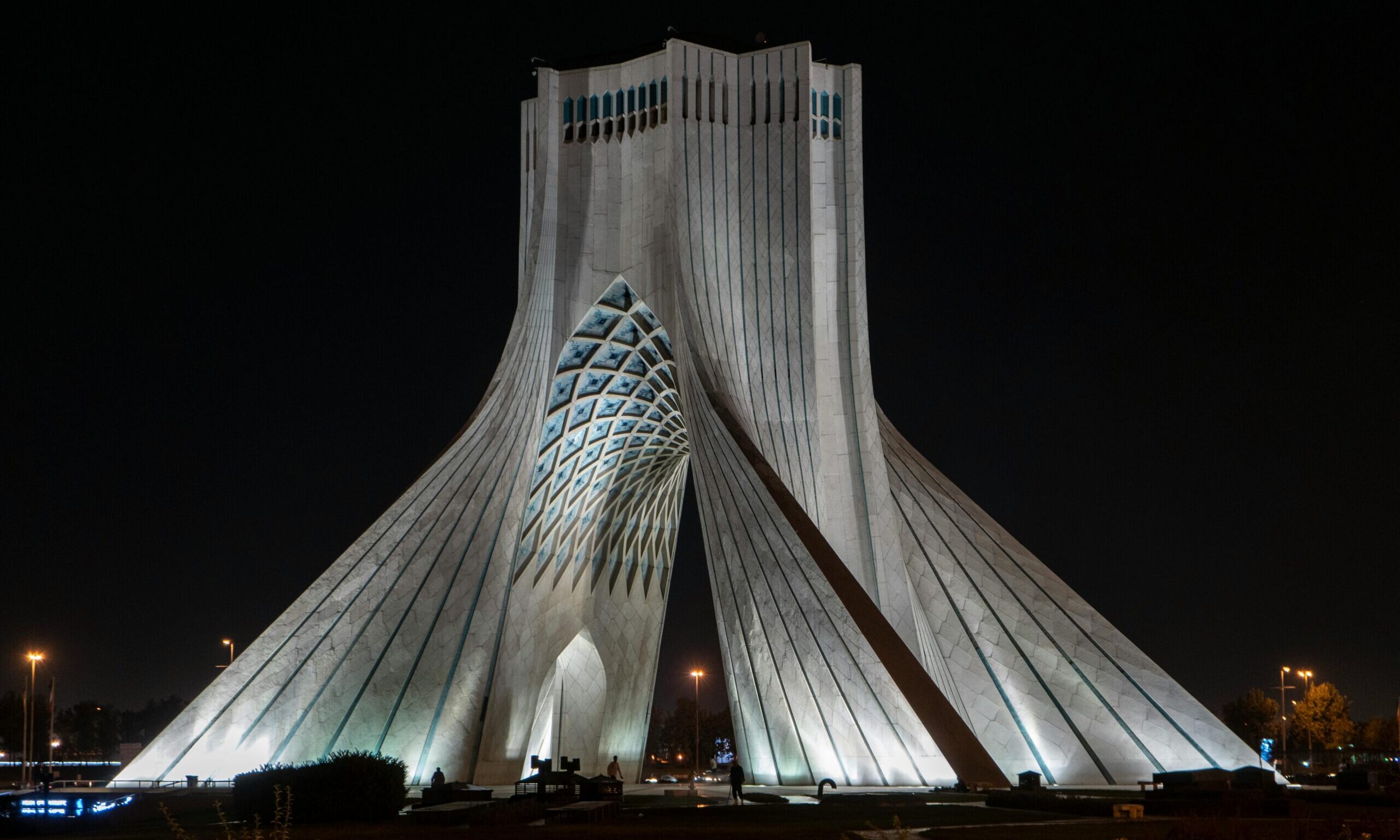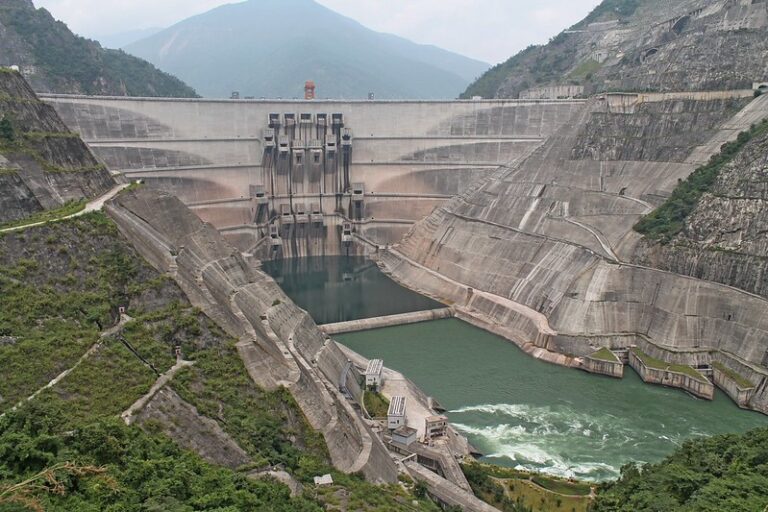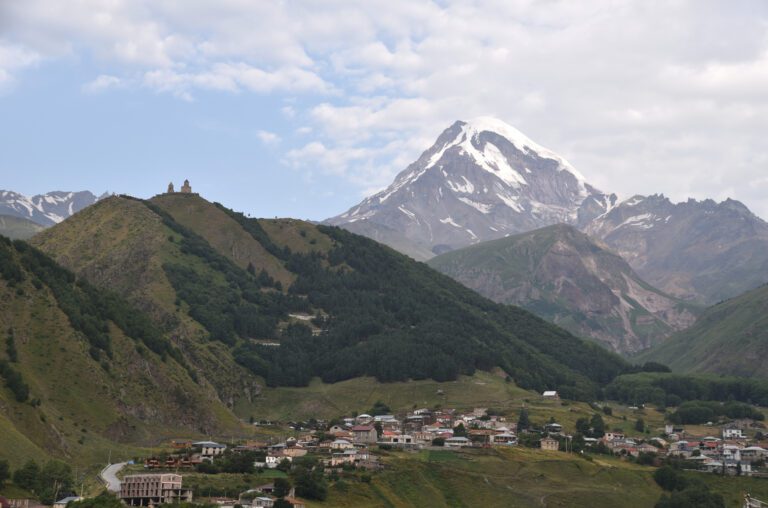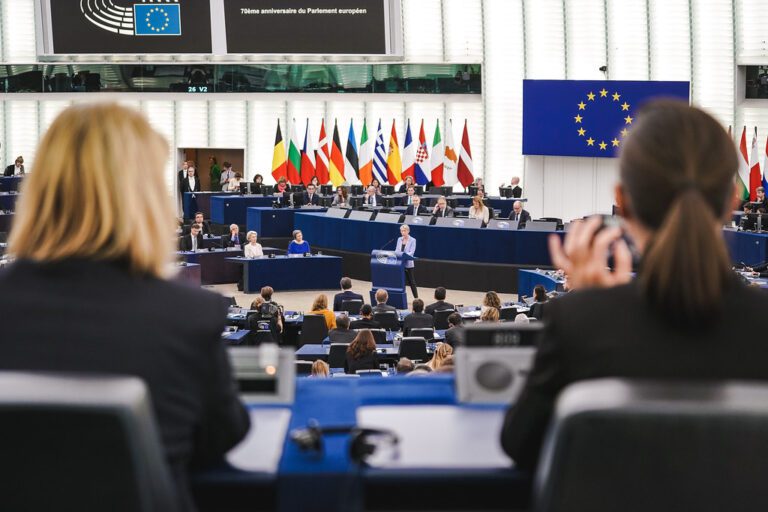China and Iran: A Friendship of Choice or Necessity?

The Islamic Republic of Iran recognizes that its relationship with China, while necessary for the regime’s survival, cannot exist in isolation. The rapprochement with the West and its continuing relationship with China are both reflections of the deeply pragmatic attitude of the Iranian regime.
This article is part of a series of articles authored by young, aspiring China scholars under the Future CHOICE initiative.
Iran’s ‘Look East’ policy, launched by hardliner President Mahmoud Ahmadinejad in 2005, marked a departure from the country’s non-aligned stance by prioritizing China and Russia as strategic partners over the West. His successor, the moderate Hassan Rouhani pursued “constructive engagement” with both the West and the East and managed to negotiate the nuclear deal in 2015.
In 2018, the Trump administration unilaterally withdrew from the Iran Nuclear Deal and reimposed crippling sanctions on the Iranian regime. As a consequence, the late President Ebrahim Raisi, who died in a helicopter crash on May 19, initiated a new phase of the Look East policy in 2021 by signing a Comprehensive Cooperation Plan with China. China was also a key advocate for Iran’s accession to BRICS and the Shanghai Cooperation Organization (SCO) in 2023.
In July, the reformist Masoud Pezeshkian, who had promised constructive engagement with the West, was elected as the new President. Pezeshkian’s rhetoric signifies a return to Rouhani’s approach of constructive engagement. Due to the numerous crises that the Iranian regime faces, it has a good reason to do so.
Numerous Crises
The Islamic Republic of Iran is facing numerous crises that cannot be solved if it continues to be internationally isolated. It is facing a potential direct war with Israel, a looming energy crisis, an economic crisis as a consequence of continuing international sanctions, and eroding legitimacy, with the majority of its population rejecting the regime.
The energy aspect of Iran’s multifaceted crisis is especially important for the China-Iran relationship. In 2023, China purchased 90 percent of Iran’s oil, providing the regime with a crucial economic lifeline, accounting for at least 5 percent of Iran’s economic output. These massive oil exports, while profitable for Iran, are not sustainable.
Iran’s power grid is facing a deficit of over 15,000 megawatts, with the country already experiencing frequent power outages, causing damage to the industrial sector. According to the International Renewable Energy Agency, Iran’s self-sufficiency dropped from 160 percent in 2016, to 131 percent in 2021. If Iran is unable to resolve its electricity deficit and its self-sufficiency continues to drop, then oil exports to China will no longer be on a safe footing.
No Other Options
In a recent interview, Javad Zarif, former Iranian foreign minister and current Vice President for Strategic Affairs, stated that Iran recognizes the territorial integrity of Ukraine and agreed that the Russian invasion of Ukraine was illegal, while simultaneously pointing out that the US is responsible for what led to the situation. In response to a question about Iran providing drones to Russia, Zarif stated that “when you have limited avenues of trade, you don’t pick and choose” and blamed Iran’s “limited options in foreign trade” on the United States’ “illegal sanctions” imposed on Iran “in violation of UN security council resolutions.”
In line with the promises of the new Iranian president Pezeshkian, he further stated that he “certainly hopes that [the US and Iran] can contain the differences, de-escalate the tensions and resume the agreement that the US broke.” His comments suggest that the Iranian regime views its relationship with Russia not as a choice, but rather as a pragmatic response to geopolitical constraints imposed by Western sanctions, which fits the political ideology of the Islamic Republic of Iran.
Survival Reigns Supreme
According to Israeli political analyst Ori Goldberg, for the Iranian regime, being Shia means, first and foremost, being pragmatic. Shias lived as a minority under Sunni authority for centuries and were often persecuted. While waiting for the return of their Messiah – the twelfth and last Imam Mahdi – and thereby removed from divine knowledge, they had to re-position themselves correctly over and over again to ensure their survival as a religious minority. Patience and pragmatism became their bread and butter.
The Shia clerics who founded the Islamic Republic and traditionally avoided involvement in direct political power, turned Shia ethics into a political ideology. Iran’s choice to deepen its relationship with China in the aftermath of the US reimposing sanctions on Iran following Trump’s unilateral withdrawal from the nuclear deal, reflects Iran’s political ideology.
The China-Iran relationship is a pragmatic choice rather than an ideological alignment or a conscious attempt to form a ‘new axis’. As Shias, the Iranian regime is merely seeking survival, in what it perceives to be a hostile environment to its interests. Everything that it does serves this purpose, may it be the repression of its population, the founding of its proxies, or its relationship with China. The pragmatic considerations and circumstances that the regime finds itself in, shape the scope and depth of Iran’s relationship, and not its anti-Western stance.
As a consequence of sanctions, China remains the only major power willing to purchase Iranian oil. However, the Iranian regime, facing a multifaceted crisis, understands that it cannot rely exclusively on its partnership with China to survive. Therefore, applying the same logic, any attempts at rapprochement with the West reflect the regime’s desire to survive, not an ideological shift. The Islamic Republic’s political ideology does not recognize permanent friends or foes; it only knows pragmatism to ensure its survival. Within this framework, for Iran, China was and always will be a pragmatic choice made out of necessity and practical considerations.
Written by
Oliver Konradt
Oliver Konradt holds a BSc. in Psychology from the University of Groningen and an MA. in International Governance and Diplomacy from Sciences Po Paris. His areas of interest include Chinese energy and foreign policy, and the China-Iran relationship.


